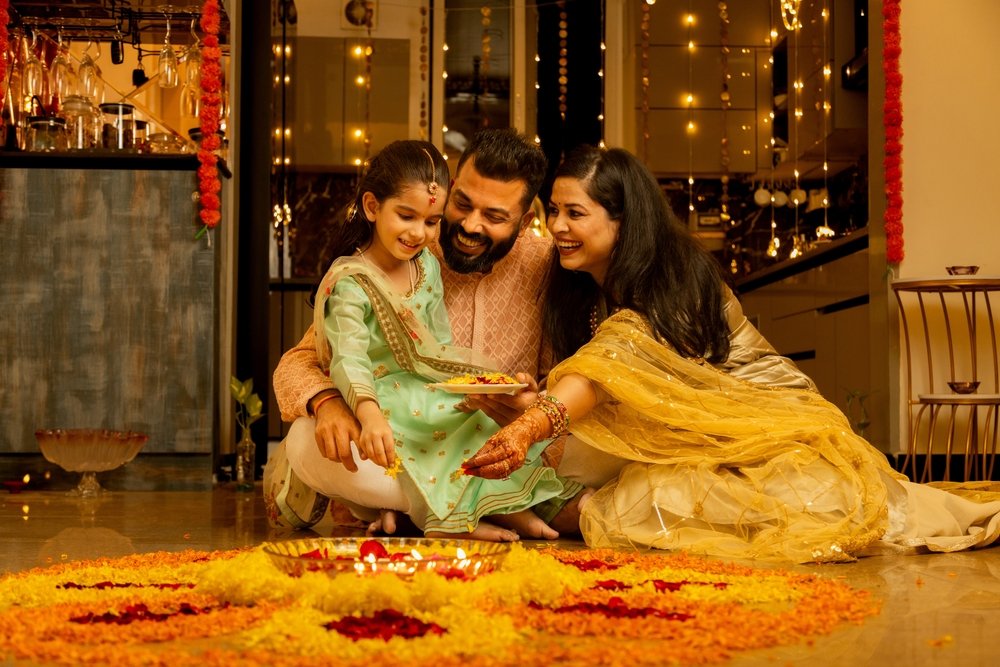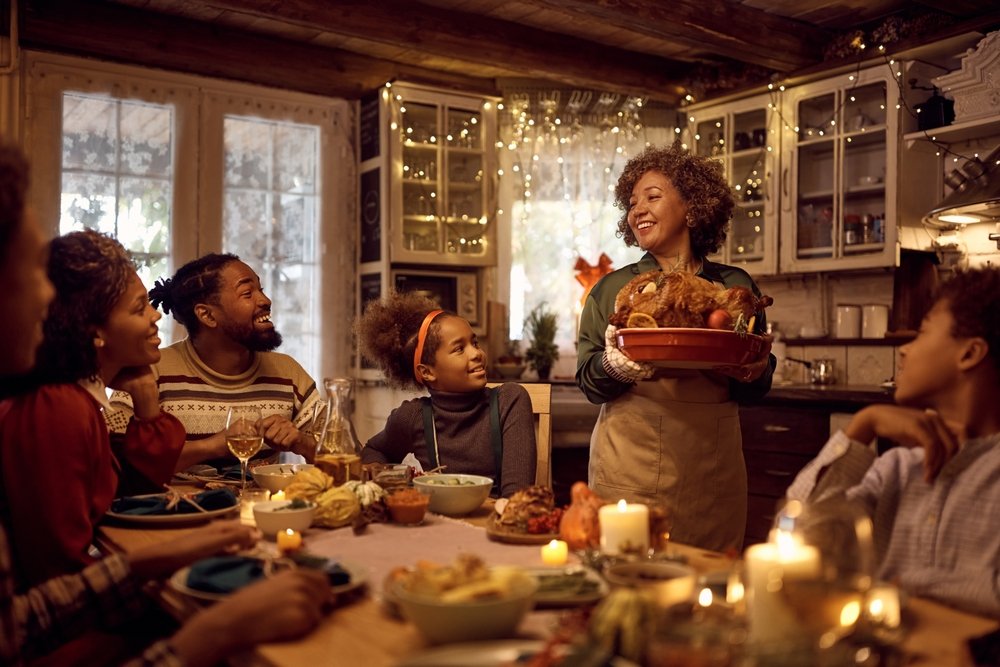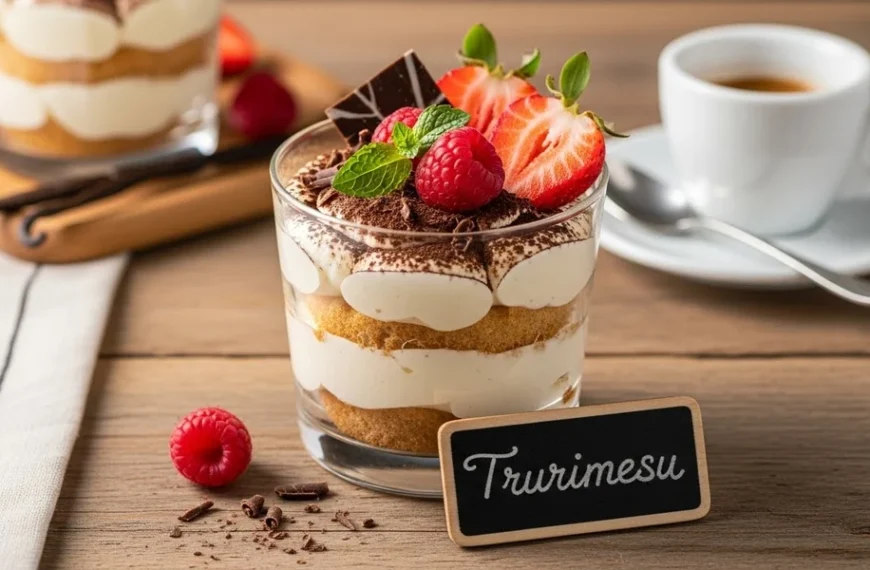Celebrations are a huge part of everyone’s lives, no matter their culture. They bring people together from all different backgrounds and walks of life to share in intimate moments, deep conversations, lots of fun and everlasting memories. Celebration builds a sense of community and strong relationships, providing us with a group to lean on when we need it and to help others when they need it. It is a powerful tool for bridging gaps between different cultures and helping everyone to understand each other better. It’s a chance for those who aren’t a part of the same culture to gain an insight into the way of life and learn about it. As well as a chance for those in the culture to connect to others and keep their traditions thriving!
All over the world, people celebrate in numerous ways for various reasons, whether that be a religious observance, a seasonal gathering or even a cultural tradition. Festivals and celebrations bring joy, meaning and togetherness to our lives, helping us to be aware of others and gain a sense of purpose and fulfilment. At their centre, celebrations involve the wider picture than just marking a certain, special time. They are ways to reinforce the values that matter most to us, such as family, community and heritage. No matter where we come from, food, family and festivals let us be a part of something larger than ourselves.

Food as the Language of Celebration
As many different cultures have their own celebrations, you can often expect to face a language barrier at certain celebrations. Even when there isn’t a language barrier to cross, there is one thing that makes up the language of any celebration: food! Wherever you are in the world and whatever you are celebrating, there will always be a glorious display of dishes and food to enjoy. This is why food has become a universal element for any type of celebration because it communicates to everyone and tells a story of their culture and values.
Food at celebrations is not the same as your everyday dinner you make each evening. A cultural festivity table looks very different. Each dish that is served at a celebration is full of symbolism, memory and tradition. You can find delicious family recipes that have been a staple of someone’s family for many years and discover fusion flavours that blow your mind. All of the dishes proudly display culture and heritage as the recipes are handed down from generation to generation. This means that every meal you indulge in at a celebration is actually a way for people to preserve their identity.
Think of the spiced sweets of Diwali, the packed full of flavour oriental dishes for Chinese New Year or the special breads baked at Easter. Each dish has meaning, not only for its taste but also for the way it ties families together. Cooking and eating as a group transform food into something more than nourishment. It becomes an expression of love, a reminder of shared roots and a celebration in itself.
Family as the Heart of Celebration
Just as food is very important in cultural festivals because it becomes the language of celebration, family is equally important. Family is the beating heart of every celebration and is what many cultures focus their significant festivals on. Cultural festivals bring families together, encouraging family members to travel long distances as a way to reunite and spend quality time together. No matter how far apart family live, celebrations invite everyone to make time for one another and support their family. This is what makes celebration so powerful because it’s what takes it from individual enjoyment to an opportunity for collective collection.
What’s more is that every member of the family can feel included and build deeper relationships with various family members- not just the ones they are surrounded by every day. For children, these gatherings form some of their earliest and most enduring memories that they can take into their lives. They can also form strong connections with family members and see just how special a celebration is to their identity, keeping cultural traditions alive for years to come. The laughter around a dinner table, the warmth of a family kitchen or even the chaos of preparing for guests all become part of the tradition.
Festivals for Cultural Awareness
A great thing about cultural festivals is that they extend past family and food. These festivals actually spread cultural awareness and are what shape cultural identity. They remind communities of their shared stories and values, passing down traditions through routines, songs and practices. Observances can be spiritual, seasonal or historic, yet they all strengthen the sense of belonging.
Around the world, festivals take on many forms. In Brazil, Carnival bursts into life with vibrant parades and music. In China, the Lunar New Year brings families together to honour ancestors and welcome new beginnings. In Islamic culture, months like Rabi al-Awwal hold deep significance as times of remembrance, reflection and community. These observances highlight how celebrations are always personal and a collective opportunity to come together, reinforcing cultural identity in ways that words alone cannot.
The Role of Generosity and Sharing
Celebrations are rarely just about individual enjoyment. They often inspire acts of generosity in many people. This is because a lot of traditions emphasise sharing food with neighbours, giving to those in need or opening our homes to guests. These practices ensure that festivals create ripples of kindness into the community and spread love and peace in even the darkest of times.
Why Celebrations Still Matter Today
Today is filled with hectic daily routines that sweep us up into a rushed whirlwind, making it impossible to spend time connecting to others and slowing down when we need it. Cultural festivals and celebrations provide us with time to pause and slow down, enjoying the things we don’t typically get to do. They allow us to step back, reflect and focus on relationships. While the form of celebrations may change over time to embrace the changes of the world, such as virtual gatherings, smaller family events or community-wide festivals, their values remain the same. They are used as times to show pride in our culture and heritage and share it with others.
Ultimately, celebrations matter because they remind us of who we are, where we come from and the values we wish to carry forward. Cultural festivals are living traditions that connect us not only to one another but also to other communities in the world.






